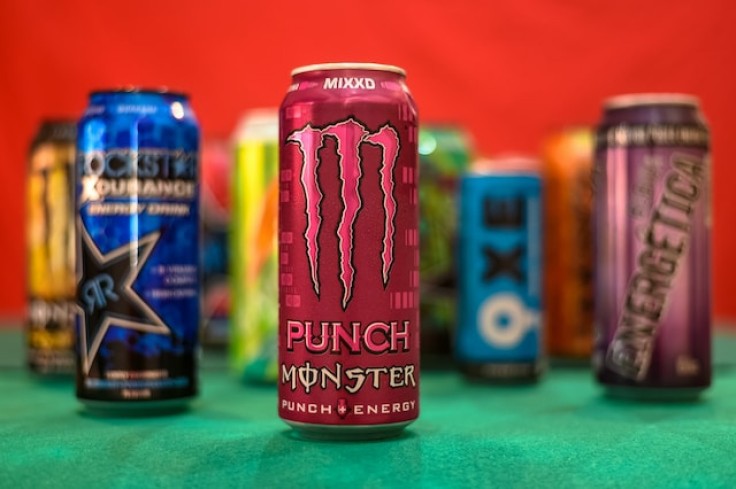
Scientists have recently discovered that increasing taurine levels, a nutrient found in protein-rich foods, could potentially slow down the aging process, leading to longer and healthier lives in animals-and potentially in humans as well.
According to NBC, the study, published in Science, revealed that low levels of taurine can accelerate aging in various animal species. Researchers found that supplementing with the nutrient may counteract this process, resulting in improved health and increased lifespan in animals. The study was conducted by an international team of scientists and co-authored by Vijay Yadav, an assistant professor of genetics and development at Columbia University's Vagelos College of Physicians and Surgeons.
Taurine Supplementation Demonstrates Health Improvements in Mice and Monkeys
According to the findings, taurine levels significantly decline with age in mice, monkeys, and humans. Although the exact reason behind this decline remains unknown, the study demonstrated that supplementing middle-aged animals with taurine led to notable health improvements. In mice, the supplementation resulted in reduced weight gain, increased bone density, improved muscle endurance and strength, reduced insulin resistance, a more robust immune system, and a 10% longer lifespan-which would be equivalent to about seven or eight additional years in humans. Similarly, in monkeys, taurine supplementation prevented age-related weight gain, improved fasting blood sugar levels, increased bone density, and enhanced liver and immune system functions.
However, the researchers clarified that taurine supplementation does not reverse the aging process but rather slows it down. According to USA Today, the study's findings provide a promising avenue for exploring specific molecules, like taurine, that have the potential to enhance health and longevity. To further investigate the benefits of taurine supplementation in humans, the next step involves running clinical trials. The researchers emphasized the importance of obtaining such data before recommending that individuals increase their taurine levels. Fortunately, the European Food Safety Authority has deemed taurine doses similar to those given to animals safe for humans.
Additionally, the study revealed an association between exercise and taurine levels. Analyzing data from the University of Cambridge's EPIC-Norfolk study, the researchers found that taurine levels tend to rise with physical activity. Although the human body does produce a small amount of taurine on its own, most people get it from food sources. Shellfish, dark chicken, and turkey meat are particularly high in taurine, while other meats and dairy products also contain moderate levels of the nutrient.
Researchers Excited About its Potential in Prolonging Healthy Lifespan
When researchers realized that the lack of the amino acid in well-known cat foods could account for a sudden rise in cat blindness cases in the 1970s, it was one of the first indications that taurine might be a crucial but underappreciated nutrient. Cats can't make taurine on their own. When pet food manufacturers changed their formulations to include higher levels of the nutrient, the problems resolved. A short time later, researchers discovered that the lack of taurine in pet food was also causing a severe heart problem called dilated cardiomyopathy in cats.
According to The Guardian, the study's comprehensive research received praise from experts who considered the findings credible and consistent with existing knowledge about taurine and aging. However, concerns were raised regarding the appropriate dosage of taurine supplements for humans, as scaling up the dosage given to the animals would result in significantly higher amounts. Researchers also emphasized that achieving higher taurine levels through a diet rich in taurine-containing foods could potentially yield similar benefits.
Neuroscientist Charles Mobbs called the research "extraordinarily thorough." "It's very credible and is consistent with many of the things we already know about taurine and aging," said Mobbs, who specializes in endocrinology and geriatrics at the Icahn School of Medicine at Mount Sinai in New York. "This research brings it to the next level." Dr. Toren Finkel, a cardiologist, expressed concerns about the potential safety of high-dose taurine supplements for humans. While the study used higher doses for animals, scaling up the dosage for humans would be significantly greater than what is typically available in supplement form. Finkel emphasized that further research is necessary to determine the optimal dosage and any potential safety issues.
The study's findings provide hope for further exploration of taurine's potential as an anti-aging nutrient. It highlights the impact of dietary alterations on aging and related health issues, indicating that consuming foods rich in taurine may have similar benefits. Future research is needed to unravel the underlying mechanisms behind taurine's effects and its potential application in human health.